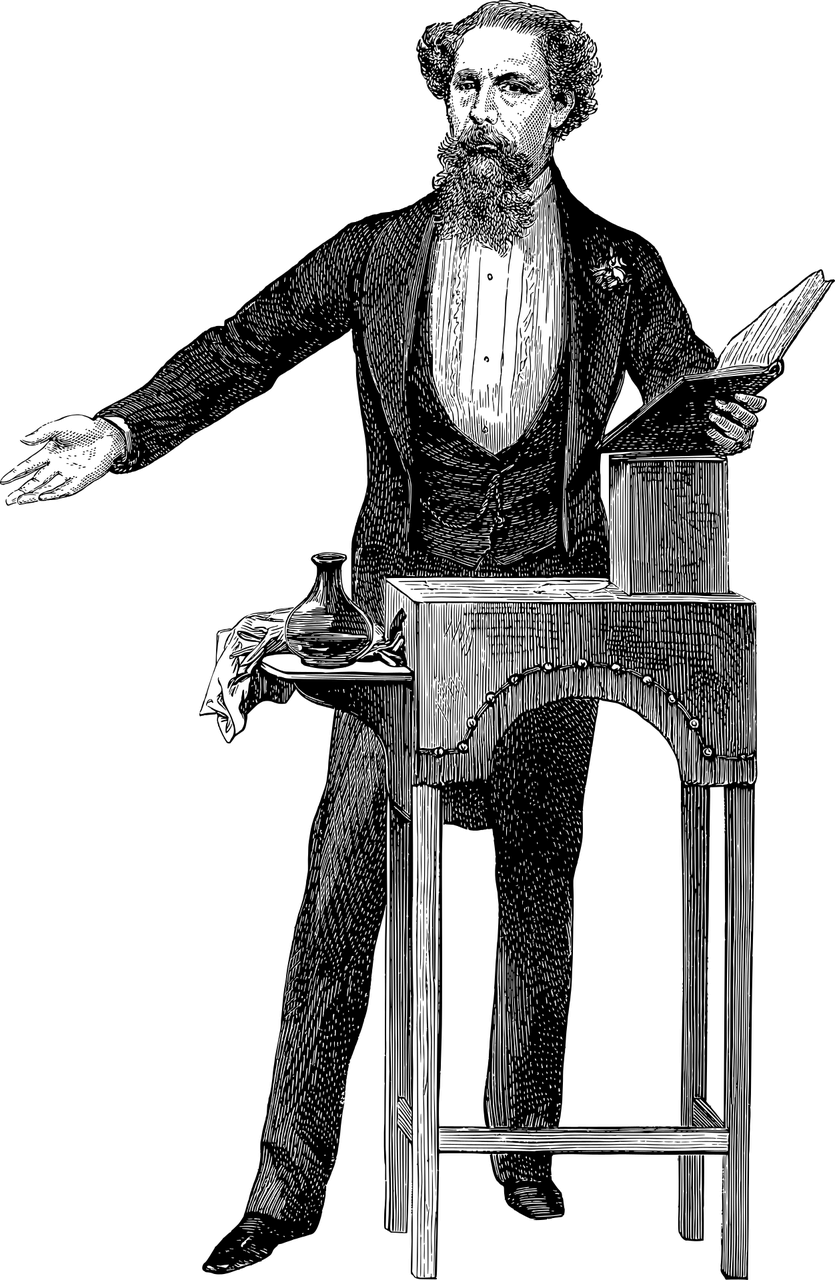Homers Iliad: An Epic Journey through History

Introduction:
“Homer’s Iliad” is a timeless epic poem that showcases the power of storytelling and its significant influence on literature and culture. This article aims to provide a comprehensive overview of the poem, highlighting its key aspects, historical development, and its relevance in contemporary society.
I. Understanding “Homer’s Iliad”:

– “Homer’s Iliad” is an ancient Greek epic poem believed to be written by Homer, an enigmatic poet of the 8th century BCE.
– It serves as a primary source of information about the Trojan War, a legendary conflict between the Greeks and Trojans.
– Divided into 24 books, the poem focuses on a brief period during the war and offers a profound exploration of human emotions, heroism, and the consequences of pride and anger.
Historical Development:
I. The Oral Tradition of “Homer’s Iliad”:
– Originally, the poem was part of an oral tradition, passed down through generations by bards who memorized and recited its verses.
– Its composition predates the development of writing systems, making it a remarkable feat of memory and craftsmanship.
– The oral tradition allowed for variations and adaptations, contributing to the poem’s evolution and the emergence of different versions.
II. The Emergence of Written Texts:
– The advent of writing in ancient Greece led to the preservation of the poem in written form.
– Scholars believe that Homer’s Iliad was eventually transcribed from its oral form to written manuscripts around the 8th century BCE.
– The availability of written copies facilitated its dissemination and allowed for critical insights and interpretations.
III. Influence on Literature and Culture:
– “Homer’s Iliad” served as a foundation for subsequent Greek literature, inspiring countless authors and poets throughout history.
– Its themes of heroism, honor, and the consequences of war resonated with readers, establishing it as a central text of the Western canon.
– The poem’s impact extends beyond literature, influencing various art forms such as painting, sculpture, and music.
IV. Contemporary Relevance:
– Even in modern times, “Homer’s Iliad” remains a captivating and relevant piece of literature.
– Its exploration of humanity’s moral complexities and the destructive nature of war provides valuable insights into contemporary conflicts.
– Additionally, the poem addresses universal themes, including the pursuit of glory, the capriciousness of the gods, and the consequences of excessive pride.
In conclusion, “Homer’s Iliad” is a masterpiece that continues to captivate audiences with its timeless themes and compelling narrative. Its historical significance, evolution, and enduring impact make it a vital piece of world literature. Whether appreciated for its ancient origins or its profound insights into the human condition, “Homer’s Iliad” remains a treasured work of art that transcends time.
FAQ
Who is the author of Homers Iliad?
What is the historical significance of Homers Iliad?
How has Homers Iliad influenced literature and culture?
Flere Nyheder
Erhvervsfotografering Aalborg: En guide til professionel visuel kommunikation
Introduction: “Homer’s Iliad” is a timeless epic poem that showcases the power of storytelling and its significant influence on literature and culture. This article aims to provide a comprehensive overview of the poem, highlighting ...
02 maj 2025
Kunst og Kultur i Hjertet af Danmark: Galleri Nordjylland
Introduction: “Homer’s Iliad” is a timeless epic poem that showcases the power of storytelling and its significant influence on literature and culture. This article aims to provide a comprehensive overview of the poem, highlighting ...
13 oktober 2024
Erhvervsfotografens rolle i moderne virksomhedskommunikation
Introduction: “Homer’s Iliad” is a timeless epic poem that showcases the power of storytelling and its significant influence on literature and culture. This article aims to provide a comprehensive overview of the poem, highlighting ...
13 februar 2024











